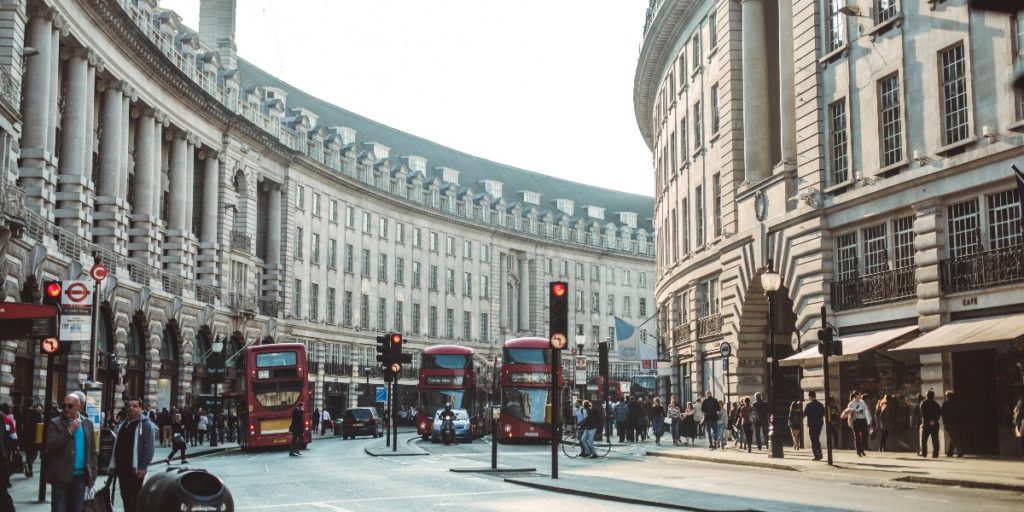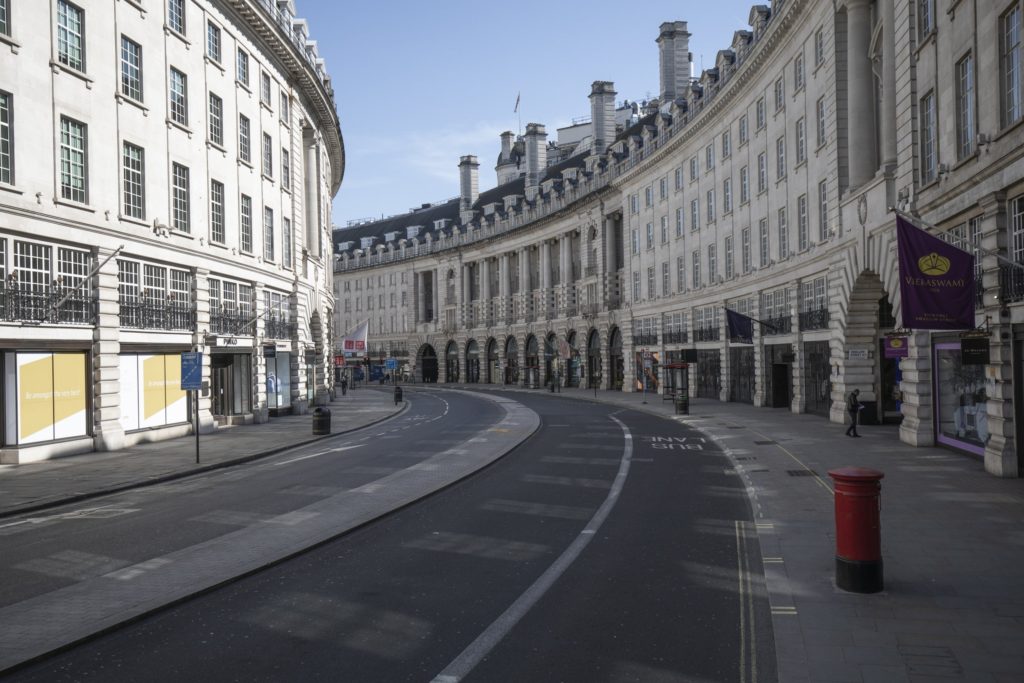
As property owners you will be responsible for a varied range of building types such as shopping centres, individual industrial units, industrial/business parks, office blocks, high street units etc. The degree of direct control and responsibility you or your managing agent need to exercise will vary so it is advisable to agree between you who will be responsible for what and when. Tenants also have a responsibility to ensure they resume their operations safely and so you should involve them in any plans.
Each premises will need to be individually risk assessed due to the differing type of property and occupation to establish specific needs.
Remember that all applicable health & safety legislation and regulations remain fully in force such as: –
- Health & Safety at Work Act 1974
- Management of Health & Safety at Work Regulations 1999
- Workplace (Health, Safety & Welfare) Regulations 1992
- Fire Safety Regulatory Reform Order
Reopening premises
Planning
Inspections and reinstating the utilities and services may be the sole responsibility of the tenant or may involve the landlord or managing agent. This process should be carefully planned to ensure the building utilities and services are brought back into operation in a controlled and safe manner. It is important to initiate and keep regular communication with all tenants and to co-ordinate responsibilities. This is especially pertinent for multi-tenanted buildings and high-rise offices, to agree a strategy and maintain social distancing in communal areas.
Consultation
As a property owner or managing agent you should consult with tenants about the return to the premises. Keep up to date with the latest government guidance to help them plan.
Tenants must consult with staff and employee representatives and consider the risks of anyone being harmed in the workplace and carry out a suitable and adequate risk assessment.
Some may be anxious about their safety when returning to the premises, and all tenants/managing agents should talk about any concerns and try to resolve them together.
Risk Management
Considerations will vary depending on the site layout, equipment and processes involved, and should have been assessed in the planning stage.
These are some things you should consider and manage:
- Update risk assessments and working procedures in respect of the Covid-19 amendment.
- For multi-tenanted buildings how to maintain social distancing in communal areas under your responsibility such entrances, lifts, toilets, changing/showers facilities.
- Confirm that your employees have had training refreshed in respect of Covid-19 for risk assessments and method statements.
- The supply and provision of PPE where this is required for work-related activities.
Document
Keep records your assessments and update to reflect any changes. Communications with your employees and tenants about what the new changes may mean, ensuring that they fully understand and above all document and record all training and information going forward. All actions, systems and procedures must be documented – you may be required to produce evidence of compliance to a regulator.
Cleaning
Consider the layout of your premises and areas you are responsible for, prior to opening for business. For those areas you are responsible for prepare a schedule of cleaning steps covering and communicate with tenants of the building.
For multi-tenanted buildings where you have responsibility for common areas this will include the “effective management” of welfare arrangements such as reception lobbies, plant rooms, elevators, changing areas, locker rooms, shower/washrooms and toilet facilities, welfare etc.
Water systems checks
Legionella checks are very important because standing water can generate Legionella bacteria growth and the generally accepted advice is that temperature control is the traditional strategy for reducing the risk of legionella in hot and cold-water systems.
- Cold water systems should be maintained, where possible, at a temperature below 20°C.
- Hot water should be stored at least at 60°C and distributed so that it reaches a temperature of 50°C (55°C in healthcare premises) within one minute at the outlets.
Building Inspection
The following are some of the main checks that you may need to make on general building condition and the fire & security protection:
- perimeter security including fences, gates, doors, windows, shutters etc.
- internally for signs of damage or deterioration
- Fire alarm systems, access control, CCTV systems, intruder alarms, fire doors, fire extinguishers, emergency lighting/signage and emergency exits.
- Review the alarm keyholders to ensure adequate coverage is provided and ensure the intruder and fire alarm system Alarm Receiving Centres are informed of any changes.
- When reinstating water supplies that have been isolated check for any leaks.
- Where automatic fire sprinklers systems are installed, please click here for a separate detailed guidance note.
To read more on this subject click here for detailed guidance sheet “Post-coronavirus start-up guidance – Property owners” issued by AXA Insurance.
For the UK Gov Coronavirus (COVID‑19) guidance and support website click here.
If we can help you regarding any of the issues mentioned, or if you need any further information or advice on this subject please don’t hesitate to contact us.



